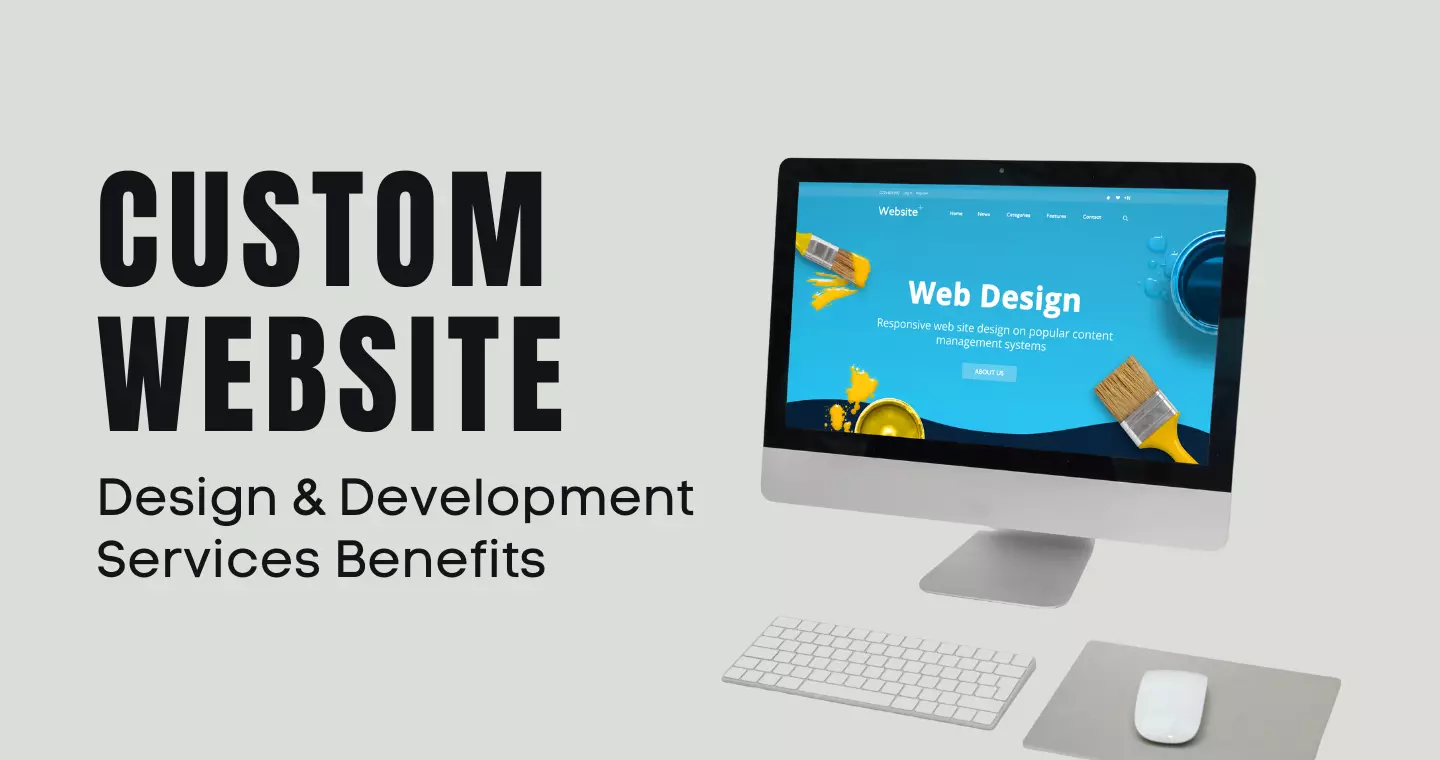In the fast-paced digital world, businesses can no longer rely on one-size-fits-all solutions. Every company has unique workflows, customer needs, and growth strategies. This is where custom web app development becomes a game-changer. By designing applications specifically tailored to your business requirements, you gain a competitive edge, improve efficiency, and enhance user experiences.
What is Custom Web App Development?
Custom web app development refers to the process of designing and building web applications that are specifically tailored to meet the unique needs of a business. Unlike off-the-shelf software, custom apps are built with your workflows, branding, and scalability in mind.
Why Businesses Choose Custom Web Apps
- Tailored to Your Needs – Pre-built solutions often require businesses to adapt their processes. Custom apps align perfectly with your operations.
- Scalability – As your business grows, your application can evolve with it. Features and functionalities can be added without major overhauls.
- Enhanced Security – Custom apps allow for advanced security measures specific to your industry and data requirements.
- Improved Integration – They can seamlessly integrate with your existing systems, reducing friction and improving productivity.
Key Benefits of Custom Web App Development
Investing in a custom web application offers several tangible benefits:
1. Optimized User Experience
User experience (UX) is critical for any web application. Custom apps allow you to design intuitive interfaces and workflows that match your users’ behavior, resulting in higher engagement and satisfaction.
2. Cost-Effectiveness in the Long Run
While the initial investment in custom development may seem higher, it often saves money over time. You avoid recurring subscription fees, unnecessary features, and costs associated with adapting off-the-shelf software.
3. Competitive Advantage
A custom web application can provide unique functionalities that your competitors may not have. It allows your business to innovate, differentiate, and respond faster to market demands.
4. Flexibility and Scalability
Custom apps are not constrained by limitations set by generic software. Whether you want to add new features, integrate AI tools, or expand your database, your app can evolve with your business.
5. Stronger Security
Security is often a major concern for businesses. Custom apps allow you to implement advanced security measures, such as encrypted communications, role-based access, and compliance with industry-specific regulations.
The Custom Web App Development Process
Creating a custom web application involves several structured steps to ensure the final product meets business objectives.
1. Requirement Analysis
Before development begins, it’s crucial to understand your business goals, workflows, and pain points. This stage involves detailed discussions with stakeholders and creating a roadmap for development.
2. Planning and Design
Once requirements are clear, the design phase starts. UI/UX designers create wireframes and prototypes that focus on user-friendly interfaces while ensuring brand consistency.
3. Development
Developers build the application using the most suitable technologies. This stage includes front-end and back-end development, database integration, and API setup for seamless functionality.
4. Testing
Quality assurance (QA) is critical to ensure the app functions as intended. This phase involves rigorous testing for bugs, performance issues, security vulnerabilities, and usability problems.
5. Deployment and Support
After testing, the app is deployed to a live environment. Post-launch, developers provide maintenance, updates, and support to ensure the app continues running smoothly.
Technologies Used in Custom Web App Development
Modern web applications rely on a range of technologies depending on the project requirements:
- Front-End: React.js, Angular, Vue.js
- Back-End: Node.js, Python (Django/Flask), Ruby on Rails, PHP (Laravel)
- Database: MySQL, PostgreSQL, MongoDB
- Cloud & Hosting: AWS, Azure, Google Cloud
- APIs & Integrations: RESTful APIs, GraphQL
Choosing the right tech stack is crucial for performance, scalability, and long-term maintenance.
Industries That Benefit from Custom Web Apps
Custom web apps are valuable across multiple industries:
- E-commerce: Personalized shopping experiences and efficient order management.
- Healthcare: Secure patient management and telemedicine solutions.
- Finance: Banking apps, payment gateways, and financial dashboards.
- Education: Learning management systems and interactive platforms.
- Logistics: Real-time tracking and inventory management solutions.
Frequently Asked Questions (FAQs)
Q1: How long does it take to develop a custom web application?
A: Development time depends on complexity, features, and integrations. Most custom web apps take 3–9 months from planning to deployment.
Q2: Is custom web app development expensive?
A: While initial costs are higher than off-the-shelf solutions, custom apps offer long-term savings, scalability, and a competitive advantage.
Q3: Can I update or scale my app later?
A: Yes, custom web apps are designed to grow with your business. New features and updates can be added without major disruptions.
Q4: How secure are custom web applications?
A: Custom apps allow for advanced security protocols, making them highly secure and compliant with industry standards.
Q5: Do I need technical knowledge to manage a custom app?
A: Not necessarily. Most apps include an admin dashboard and user-friendly interface. Developers can also provide ongoing support.
Conclusion
Custom web app development is more than just building a digital tool, it’s about crafting a solution that drives efficiency, innovation, and growth. By investing in a tailored application, businesses can optimize workflows, enhance user experience, and secure a competitive edge in their industry.
Ready to take your business to the next level? Start your custom web app development project today and transform your ideas into reality.


